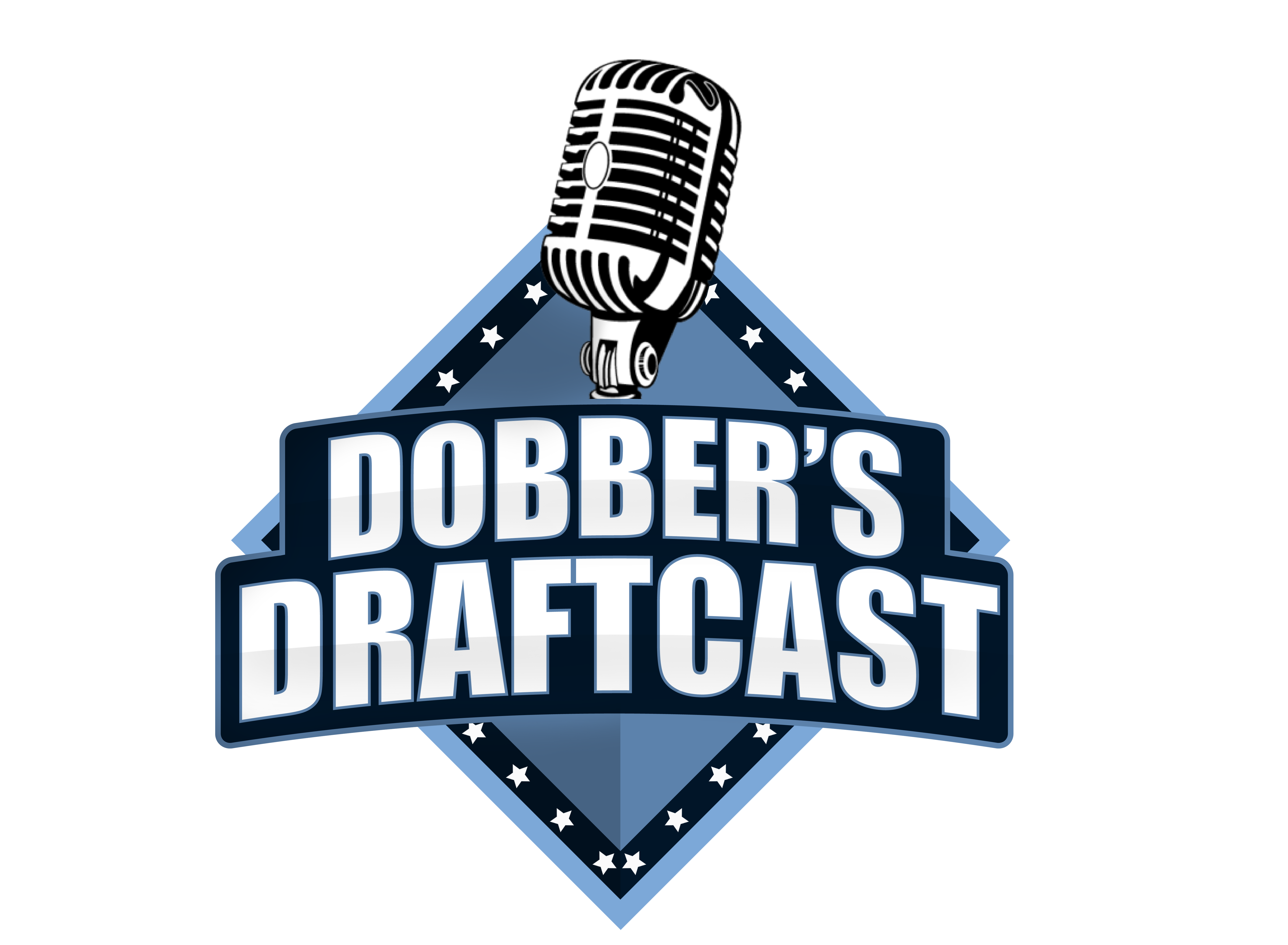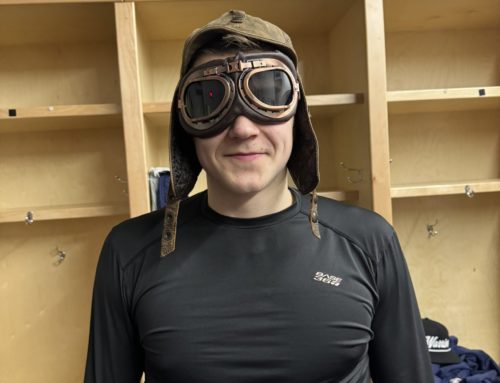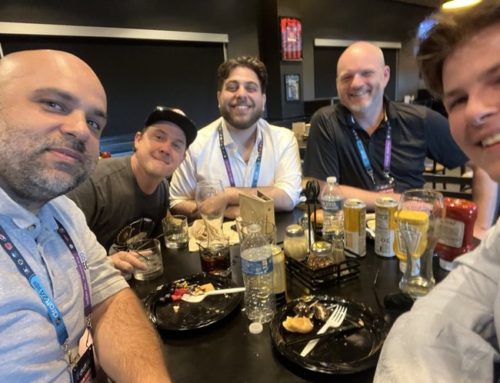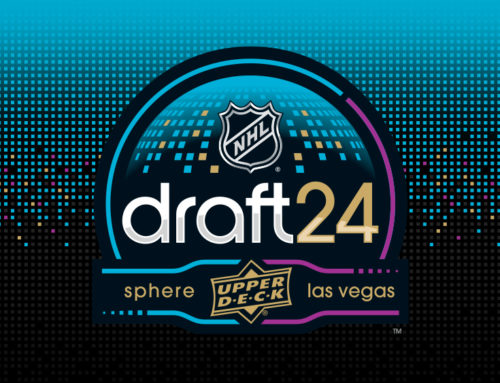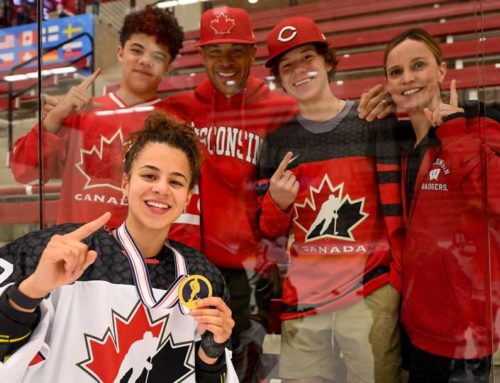Peter Harling
With two of my leagues prospect/entry draft currently in progress and one all wrapped up, a lot of my focus lately has been towards preparing for these drafts.
While it may be detrimental to my fantasy teams to share my thoughts, strategies and research here, if my leagues are drafting yours probably will be too or could be soon so I am here to help.
Today’s prospects ramblings is dedicated to helping you dominate your prospect draft.
Know your league
The first and most important factor to consider to dominate your league is to know your league.
What are the rules?
How does the scoring work?
How deep is the player pool?
These are some of the more basic but underlying important factors that will influence all your decisions.
My leagues are all pretty deep and basically designed to simulate what running a NHL team would be like. The league sizes are around 24 teams, with full roster size and a full prospect bench for a total around 50 players per team. The leagues are all full keeper leagues and use a salary cap of the AAV for each player.
It is important to know if you have specific positional requirements beyond forward and defense. Do you need X number of LW and RW for example. With the salary cap, can you drop a player if they fail to live up to the contract, or are you bound to it like a real NHL team would be and need to use a buyout to purge that player? Does multi positional eligibility have an impact, how often do you set the rosters and how many roster moves can you make? These are just some of the details that you really need to grasp if you want to be competitive.
Know your team
Now that you have a thorough understanding of the league, it’s time to take an honest look in the mirror and evaluate you team. Can you compete? Can you contend?
If you think you have the pieces in place to challenge for a playoff spot and maybe win a championship, or if you don’t and need to look towards the future is a decision that should have paramount influence on your draft strategy.
If you are in win now mode, you want to draft players that can help you win now, or trade picks for players that can help you win.
If winning now isn’t in the cards, you want to play the long game and target players with the best upside, even if they are a few years away.
Best Player available
This is where things can get a little muddy. Everyone knows the term “Best Player Available” but is the BPA the one that will have more points in the coming season, or in his career?
This is where we look back at the previous point. The BPA to my team which is contending may not be the BPA for your rebuilding team.
The BPA in my opinion is often a subjective term, even in the NHL draft as we don’t really know who the BPA is for another five to ten years. So while the consensus may label an 18-year-old first round NHL draft prospect as the BPA when you pick at fifth overall, to you it may be the 24-year-old free agent signed out of Europe.
Know the Players
This is where we roll up our sleeves and do some homework. Ideally you have been watching lots of hockey all season long. Junior on SportsNet, live local games, the World Junior, NCAA games etc.
No matter how much you watch, you can’t see everyone play and maintain a day job and a relationship. You will need to do some studying to add to your own viewings and opinions on players.
Obviously you are reading this article and therefore likely are a regular visitor on DobberProspects and DobberHockey. Chances are you also listen to DobberProspects Radio and Keeping Karlsson, the two best fantasy hockey dedicated podcasts. There are plenty of other websites and prospect guides out there you should be using to do some draft research. Some of my favorites are:
Web Sites
HockeyProspect.com – Industry standard for independent scouting
McKeens – Solid network of scouts across the world and one of the best yearbook/draft guides
Eliteprospects.com – The best for research for stats and fundamental data.
HFBoads – A huge forum with a massive membership, lots of voices and opinions (some good, so not so informed)
CapFriendly.com – Their “signings” tab has all the signings you need to find NCAA and Europe FA players and obviously their cap hits.
Draft Guides
Dobber Fantasy Guide – The point projections are best in the business
Dobber Prospect Report – Each team’s top prospects and top 100 NHL Draft prospects
Forecaster – Very thorough with excellent point projections, depth charts, sleepers and much more
McKeens Yearbook – Brings great analytical and scouting slant to a fantasy guide
These are my go to guides and many should be hitting newsstands and be available for PDF download in the near future.
NHL Draft prospects vs. Free Agents
Most of the leagues I participate in combine both entry draft prospects and free agents. Most of the free agents of value are ones which signed their first NHL deal and were previously unaffiliated with any NHL team and only became available during the trade freeze towards the end of the season and playoffs. Many NCAA players and European players sign their ELC contracts when their season and or contracts expire. What is attractive about these players is they are older, more developed and therefore more ready to contribute in the NHL and your fantasy roster.
There seems to be an unwritten rule that the top players in an NHL draft MUST play in the NHL immediately and therefore they can deliver immediate fantasy value as well.
Looking at this year’s crop of draftees and free agents, how should they be ranked?
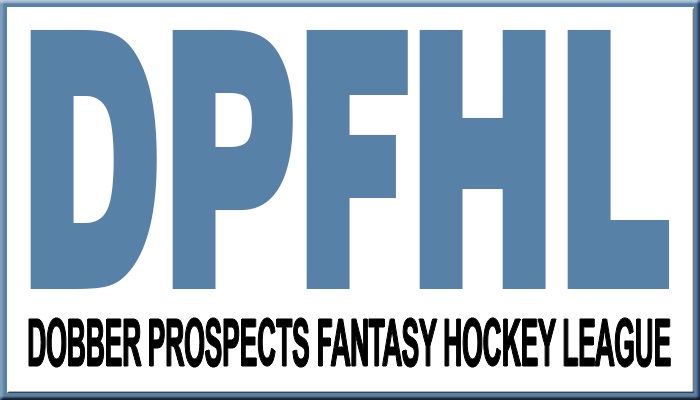 You can read last week’s Prospects Ramblings And Now We draft by Kevin LeBlanc which reviews how we at DP drafted in such a draft. As you can see we went heavy early on draft eligible prospects. The first free agent picked was ay 14th overall and was Vegas free agent Vadim Shipachyov. The top end of the draft is heavy in draft prospects because some can deliver right away with NHL ready, or close to ready prospects like Nico Hischier, Nolan Patrick or has players with such promising upside such as Cale Makar, and Elias Pettersson. Once you get about half way (Or 12-15 picks in depending on league size) the upside becomes less certain, and the wait time becomes longer.
You can read last week’s Prospects Ramblings And Now We draft by Kevin LeBlanc which reviews how we at DP drafted in such a draft. As you can see we went heavy early on draft eligible prospects. The first free agent picked was ay 14th overall and was Vegas free agent Vadim Shipachyov. The top end of the draft is heavy in draft prospects because some can deliver right away with NHL ready, or close to ready prospects like Nico Hischier, Nolan Patrick or has players with such promising upside such as Cale Makar, and Elias Pettersson. Once you get about half way (Or 12-15 picks in depending on league size) the upside becomes less certain, and the wait time becomes longer.
This is where you may want to start looking at the free agents. The first on your list should be Shipachyov. He is going to be a top six player and has 50-60 point upside. However, he is older and has a short shelf life compared to the rest and should be a win now target only. Other free agent targets you want to set your cross hairs on include a pair of Florida Panthers. Florida cleared out some roster space sending two players to Vegas in the expansion draft and letting two more walk via free agency opening up top six roster spots. Henrik Haapala was signed from Finland where he was the Liiga leading scorer. While undersized he showed great offensive upside at the Panthers development camp and GM Dale Tallon was been speaking very highly of him. While not a free agent, Evgeny Dadonov signed with Florida and will make his NHL return after spending the last five years in the KHL. Between the two, I think Dadonov has a higher upside, but he is 28-years-old and has a much higher cap hit. Between the two I choose Haapala in one of my drafts for those reasons.
Some NCAA free agents to add to your draft list should include Zach Aston-Reese who signed in Pittsburgh and could play on the wing with either Sid Crosby or Evgeni Malkin. The Pends have a good track record recently of finding cheap players to slot on their wings and Aston-Reese could be the next recipient. Another Penguin you may want to look into for a second or third round is Adam Johnson who was signed out of the Pens development camp after a solid season at Minnesota Duluth.
The Toronto Maple Leafs addressed their team needs on defense this off season by drafting Timothy Liljegren, who could be really close to NHL ready and likely starts the year in the AHL. They also signed a pair of Swedish defense free agents in Calle Rosen and Andreas Borgman. I suspect both of these players will see time in the NHL this year and compete to crack the roster full time.
The New York Rangers added a defenseman that may need a year in the AHL, but has really promising upside and is a little under the radar in Neal Pionk, another player who made an impression at development camp. The 2014-15 USHL Defenseman of the year winner had two great NCAA seasons.
Don’t Overlook the Over Agers
The appeal of free agents is they are older, more developed and closer to contributing. The same rings true for OA players who fell through a draft or two but have developed and were recently drafted, these players are likely moving on from junior and are turning pro. While they may not crack an NHL roster right away you won’t need to wait long to see if they are going to make it or not. Conor Garland is a good example. After dominating junior offensively he was drafted as an OA, but the offense didn’t translate to the AHL last year. I own him in a league and recently cut bait.
In a recent Rambling I ranked the Top Ten Overage Prospects Re-entering the 2017 Draft. Not all were picked, so do some follow up but it’s a good head start.
Don’t Forget to Look Twice
I can guarantee you a prospect with value has slipped through the cracks in your league. Finding them can be time consuming but here are some tips to help you find him if you run your league on Fantrax.
First sort the player pool by fantasy/minor eligible and see if anyone jumps out.
Second, review each teams depth chart (I use the Forecaster/Hockey News) the look up each team on Fantrax and see if you see a player on the depth chart that ranks relatively high and is unowned. This is time consuming as I mentioned and usually requires some additional research when you find candidates but it can be well worth the work.
Hopefully this was a helpful guide for preparing for your fantasy hockey prospect draft and you maybe found a name or two to add to your list.
If you have any prospect or draft questions hit me on Twitter @pharling or fire a question to Cam Robinson for the mailbag



